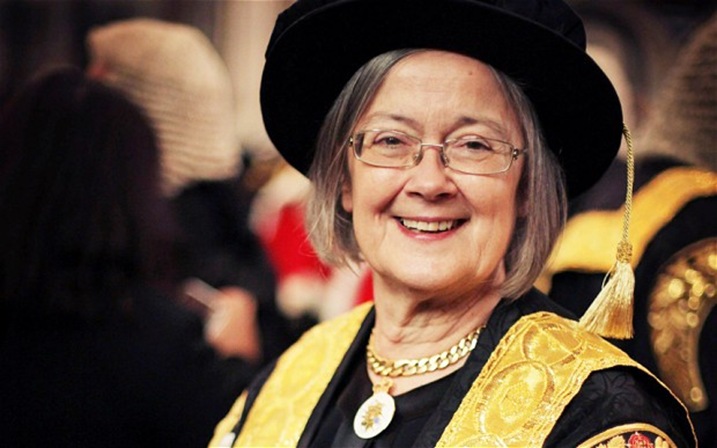Independent
March 21, 2014

One of Britain’s top judges has said it is not difficult to see why British Christians “feel their religious beliefs are not being sufficiently respected” in a speech about the clash between the rights of believers and sexual equality.
Lady Hale, deputy president of the Supreme Court, questioned whether a “hard-line EU-law approach” to some forms of discrimination could be sustained and if it might not be “a great deal simpler” to require employers to make a “reasonable accommodation for the religious beliefs of others”.
Her remarks, in a speech at Yale Law School in the US which was posted on the Supreme Court’s website, come after a string of legal cases in which Christian people have protested about not being able to wear a cross at work or have refused to provide services such as a double room in a B&B to gay people.

In the speech, titled Religion and Sexual Orientation: The clash of equality rights, Lady Hale said: “It is not difficult to see why the Christians feel that their religious beliefs are not being sufficiently respected.
“Other religions with stricter dress codes or dietary laws are demanding concessions which Christians feel that it is harder to claim because they cannot point to equivalent religious requirements.”
She said European Union laws had produced many “technicalities”, adding: “Would it not be a great deal simpler if we required the providers of employment, goods and services to make reasonable accommodation for the religious beliefs of others?
“Then employers might have to make reasonable accommodation for the right of their employees to manifest their religious beliefs and suppliers of services might have to make reasonable accommodation for the right of their would-be customers to use them.”
 Daily Stormer The Most Censored Publication in History
Daily Stormer The Most Censored Publication in History


